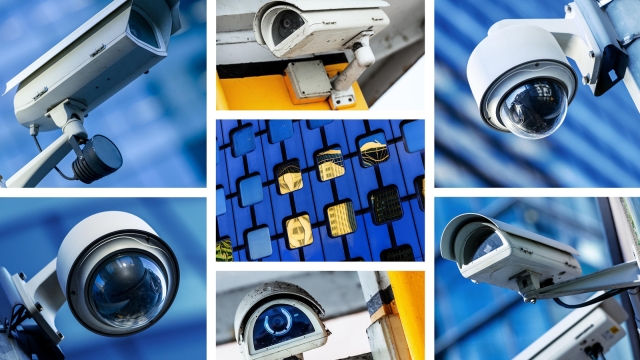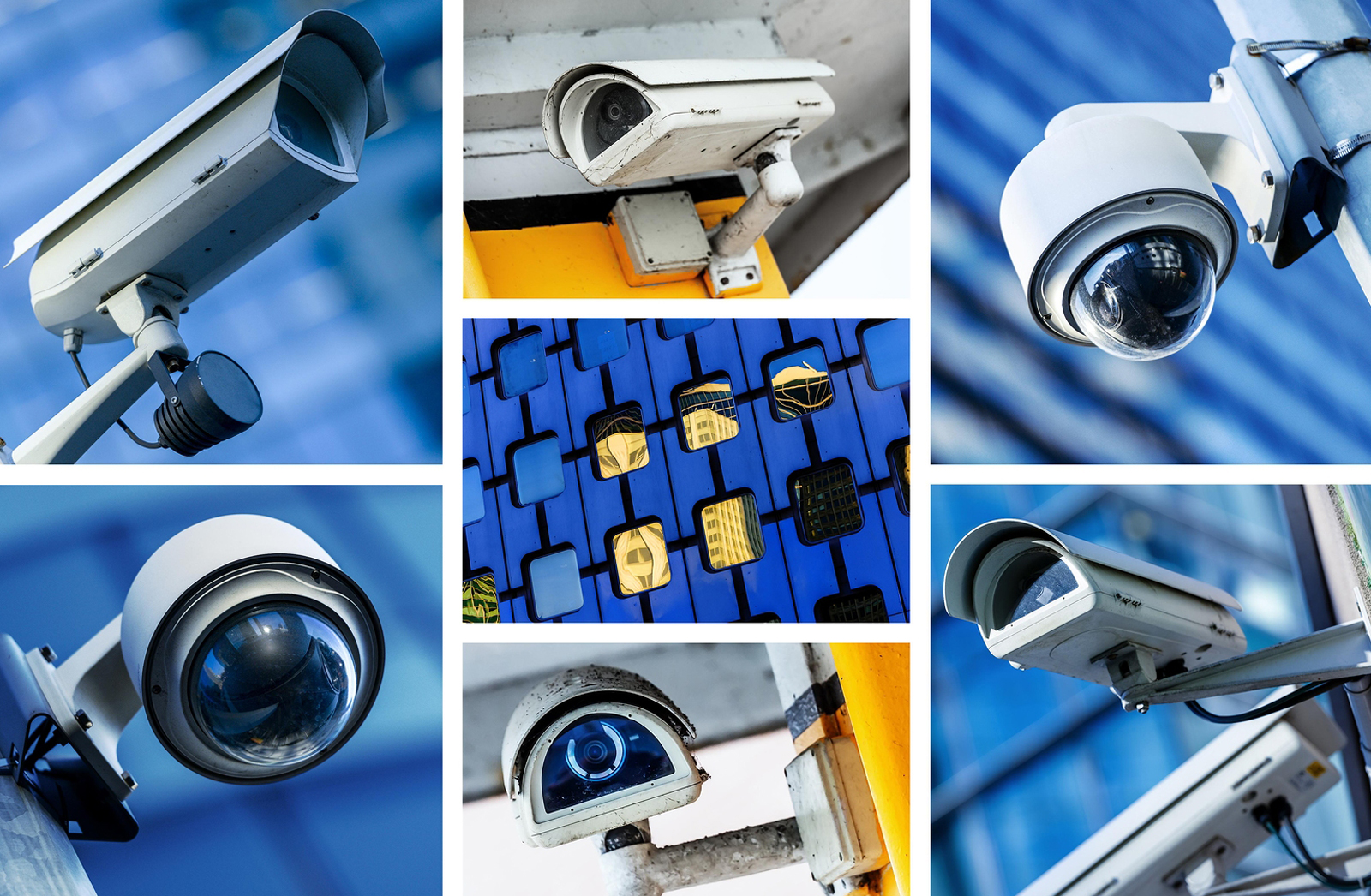
The Eyes That Never Blink: Unveiling the Power of Security Cameras

Security cameras have become an integral part of our modern society, enabling an ever-watchful eye that brings a sense of security and peace of mind. These unblinking sentinels stand guard in public spaces, businesses, and even our homes, serving as constant reminders that we are being protected. With their ability to capture every movement and activity, security cameras have revolutionized not only the way we monitor and safeguard our surroundings, but also the way crimes are prevented and investigated.
In a world where security concerns are at the forefront of our collective consciousness, the role of security cameras cannot be underestimated. From deterring potential wrongdoers to providing crucial evidence in criminal investigations, these unobtrusive devices hold immense power. They have the ability to record events, both planned and spontaneous, providing us with a comprehensive visual account of what occurred. With their watchful gaze, security cameras have proven to be powerful tools in maintaining law and order.
The Evolution of Security Cameras
Over the years, security cameras have undergone significant advancements, revolutionizing the way we monitor and protect our surroundings. From their humble beginnings to their modern-day capabilities, security cameras have come a long way in ensuring our safety and security.
In the past, security cameras were bulky and limited in their functionality. They were primarily used for simple monitoring purposes and lacked the sophisticated features we have today. These early cameras required manual operation and had limited recording capabilities.
However, with advancements in technology, security cameras have become smaller, more discreet, and packed with powerful features. High-definition video quality, night vision capabilities, and the ability to connect to the internet are just a few of the innovations that have transformed security cameras into essential tools for surveillance.
Thanks to the integration of artificial intelligence and advanced analytics, modern security cameras can now detect motion, recognize faces, and even differentiate between humans and objects. These intelligent cameras have made it easier to identify potential threats and provide valuable evidence in investigations.
In addition to their increased functionality, security cameras have also become more accessible and affordable. With the rise of wireless and IP cameras, setting up a security system has become simpler and more flexible. Homeowners, businesses, and public institutions can now easily install and monitor their premises without breaking the bank.
In conclusion, the evolution of security cameras has been remarkable. From their humble beginnings as simple surveillance tools to their current state as advanced, intelligent devices, security cameras have revolutionized the way we protect our homes, businesses, and communities. With continuous advancements in technology, it is exciting to imagine what the future holds for these ever-watchful eyes.
The Advantages of Security Cameras
Security cameras offer numerous benefits when it comes to safeguarding our homes, businesses, and public spaces. They serve as vigilant sentinels, providing round-the-clock surveillance and contributing to enhanced safety and peace of mind. In this section, we will explore some key advantages of security cameras.
Deterrence: One of the primary advantages of security cameras is their deterrent effect on potential criminals. The presence of visible cameras acts as a powerful psychological deterrent, signaling to potential wrongdoers that their actions are being monitored and recorded. This alone can significantly reduce the occurrence of unlawful activities, deterring burglars, vandals, and trespassers from targeting a monitored area.
Evidence Collection: Security cameras play a crucial role in gathering evidence in the event of a security breach. With their high-definition video recording capabilities, these cameras capture clear footage that can be instrumental in identifying perpetrators and providing evidence for criminal investigations. This evidence becomes invaluable not only for apprehending criminals but also for strengthening legal cases and ensuring justice is served.
Remote Monitoring: Another advantage of security cameras is the ability to remotely monitor a location. With the advancements in technology, many security camera systems now offer mobile applications and online platforms that allow users to access live video feeds and recordings from anywhere in the world. This feature proves especially advantageous for homeowners, business owners, and security personnel who can keep a close watch on their properties even when they are physically away.
https://worldstarsecuritycameras.com/professional-security-cameras-installation/
By harnessing the power of security cameras, we unlock a range of advantages that contribute to a safer and more secure environment. Their deterrence factor, evidence collection capabilities, and remote monitoring features make security cameras an indispensable tool in our fight against crime and ensuring the protection of our valuable assets.
Controversies and Ethical Concerns
The use of security cameras has certainly sparked a range of controversies and raised ethical concerns. One of the main issues people have is the invasion of privacy. With security cameras constantly monitoring public spaces, there is a concern that individuals may feel their privacy is being violated. Critics argue that this constant surveillance infringes upon personal freedoms and creates a culture of mistrust.
Another controversy is the potential for misuse or abuse of security cameras. When in the wrong hands, these cameras can be used for unauthorized surveillance, or even worse, for criminal activities. This raises questions about who has access to the footage and how it is being used. Proper regulations and security measures must be in place to prevent such misuse and protect the rights of individuals.
There are also debates surrounding the effectiveness of security cameras in deterring crime. While some argue that the presence of cameras acts as a deterrent and helps in solving crimes, others believe that determined criminals can easily find ways to evade or disable these surveillance systems. The effectiveness of security cameras in preventing crime is a subject of ongoing debate and research.
In conclusion, the use of security cameras has not been without controversies and ethical concerns. The invasion of privacy, potential for misuse, and effectiveness in preventing crime are all issues that need careful consideration and regulation. Striking a balance between ensuring public safety and respecting individual rights continues to be a challenge in the world of security camera usage.



